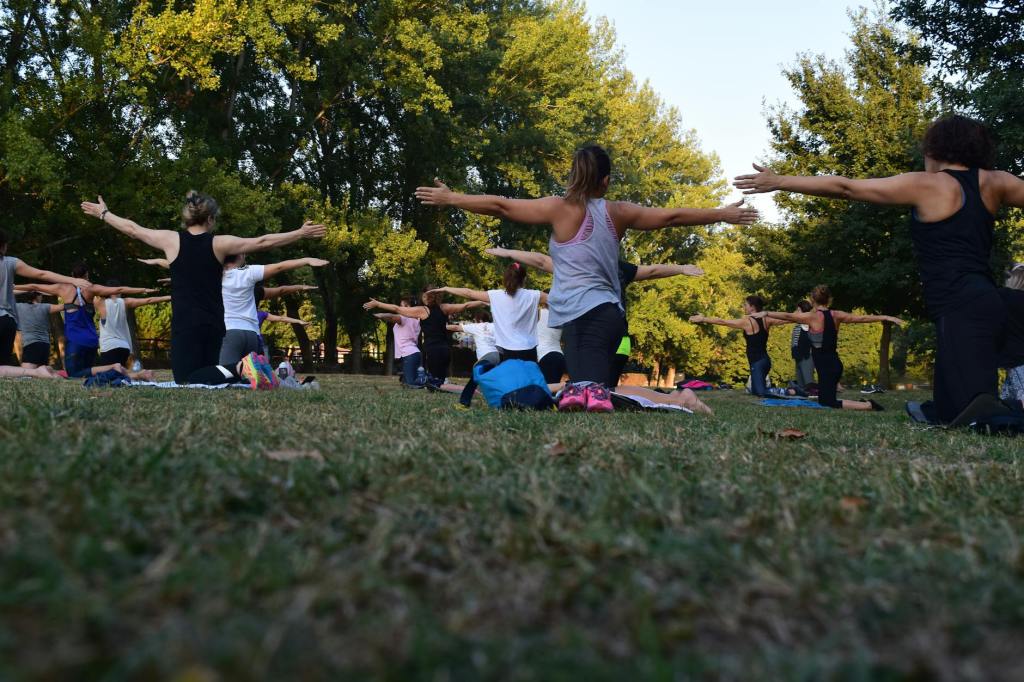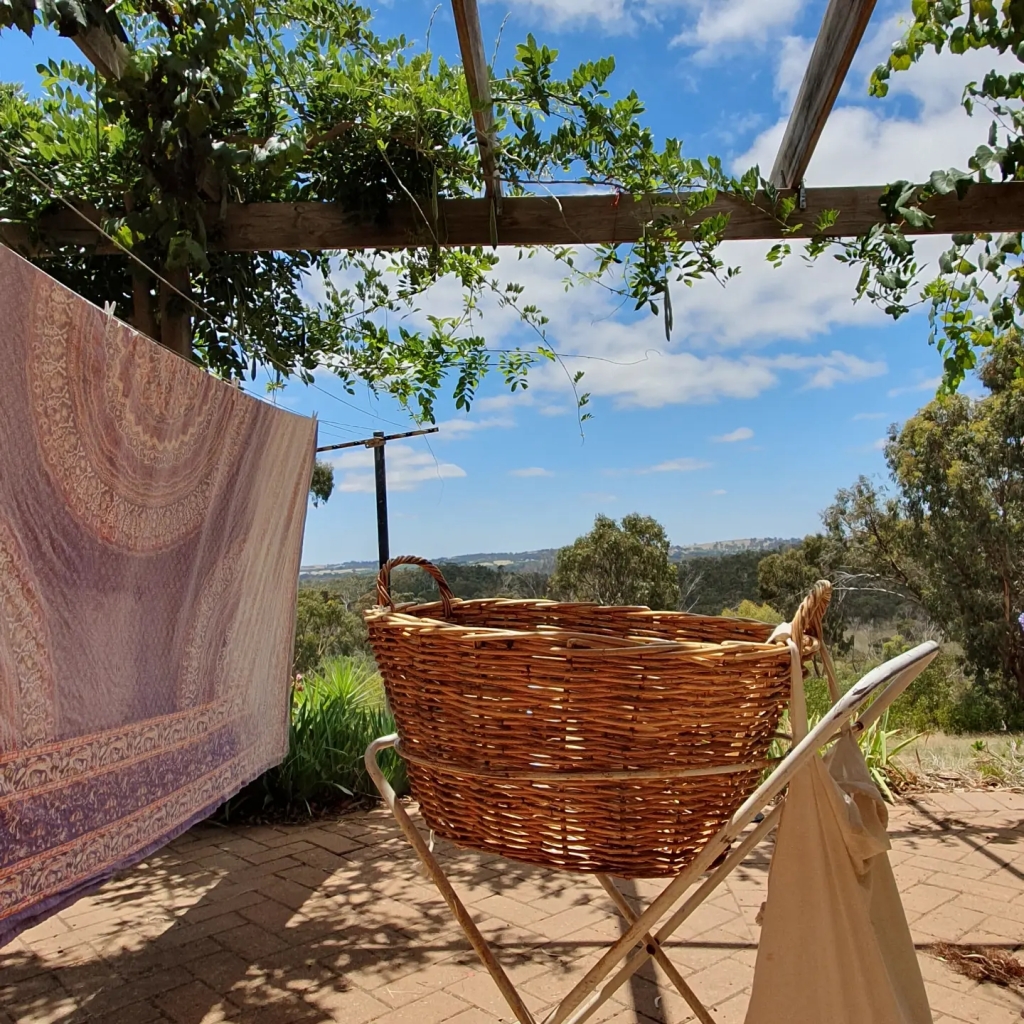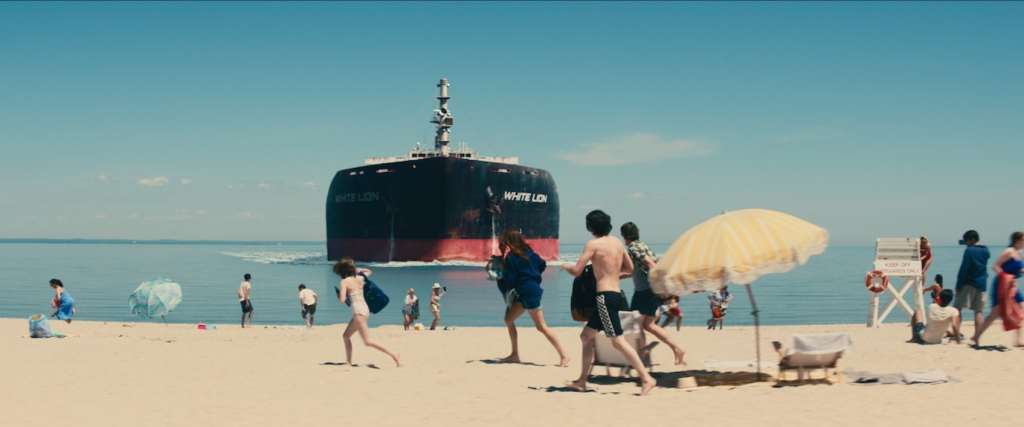CHARLIE-HELEN ROBINSON ON-AIR; DRIVE TIME TARGETING OVER 50’S
With Michael Smyth
WELCOME.
For online listeners; here’s my MP3 ABC Radio Segment Collection
Social Media Etiquette; Death
Not all social media topics are easy to tackle and we are tackling this on #ruok day, so this could be considered awkward. But conversations about life and death are necessary to have.
We say Facebook is the “births deaths and marriages of modern times”, but how we handle them in the social medias is still becoming apparent and there have been many mistakes made that we can learn from.
Let’s tackle death.
The recent reporting from Anne Summers – killing off Veteran Political Journalist Mungo MacCallum – while he was still alive drinking coffee, harks back to 2009 when Richard Wilkins tried to kill off Jeff Goldblum before his time. There are ways to handle things, and ways not to.
What we do know from scenarios like this, is that good news travels faster and lasts longer than negative or bad. This is one weapon up our sleeve. On the social medias – news or eulogies (good comments) will propel the news of a death, rather than subdue it.
Social media works fast. But is it your news to share?
We all know the quote; “A wise man once said nothing”.
Social media etiquette surrounding death is delicate and can be subjective, as what one person views as good judgment, can translate as poor taste or offensive to another. One person may feel they are being helpful, while another views it as an invasion of privacy.
So, what happens when you first hear the news? What should your reaction be?
For a start, it’s not your news to share unless you are the “designated person tasked for this job”.
If you are a friend or family member, member of the community, then it’s best to stay quiet. Of course, a condolence message on a person’s personal post to show them support is encouraging, however even this could cause complications if there are people involved who haven’t yet been told.
What you comment on (say on Facebook) and share (or retweet via Twitter) can be seen by a broader network than what you may initially intend, even though you are connected to each of them in some way. It may be that some within your network may not have been told personally and therefore your post or comment could offend or upset them. While breaking a story you’ve become privy to may provide a temporary thrill by making you appear ‘first to know’, it’s more sensitive to hold back.
We’ve seen a lot of celebrity announcements lately and social media offers an outpouring that can be cathartic to family members and loved ones. **Think Robin Williams and Joan Rivers as examples.
But this is all just dealing with the “news” aspect.
Death brings to life a whole raft of other scenarios; people and their methods of mourning vary across cultures, as well as among individuals within the same culture. It gets complicated.
Facebook and Twitter provide a highly accessible (and mobile) vehicle for grieving and, ultimately, catharsis.
Reminders on social media of a person’s death can be more painful than helpful. If a dead user’s timeline sits un-memorialized, that profile can appear in Facebook Suggestions, such as the “People You May Know” sidebar on the homepage for example, their birthdays will reappear each year prompting well-wishes from individuals unaware of the death which may be distressing.
Of course, if you are having difficulties coping, it’s best to talk to someone face to face, on the phone, or even social media. Many of us do turn to social media when we are feeling blue for a “pick me up.”
In the main, social media is a positive supportive environment for this.
But what happens when someone dies? What does social media do?
Social media platforms “routinely assume a living body for access” when providing permission to login. This is good to hear! But what happens when we die? We all know that “assuming” can make an “ass” out of you and me.
Facebook and Twitter, and in fact any social media platform, have policies relating to what happens with a user’s information once they die. In essence, the services work with an authorised person of the deceased after death certificates are produced.
People who want to manage their own exit farewells (we don’t always know when and where this will happen!!) use services like “if I die” or Entrust.net and My Wonderful Life. People can draft emails to be delivered to designated recipients after death, create digital epitaphs for their real-life headstones and elect “Angels,” or loved ones they trust to carry out their wishes.
These services say things like “don’t leave it til it’s too late“. Awkward for sure. Hopefully you see this article as informative, to allow you to make decisions.
References: http://en.wikipedia.org/wiki/Death_and_the_internet
https://www.facebook.com/help/contact/?id=305593649477238
Memorialization Request; Facebook encourage people to use this form to request the memorialization of a deceased person’s account. There is also a Facebook app called “if i die”, where a user can record a video message or last wish for posting post-mortem via a trusted friend.
Twitter works with a person authorized to act on the behalf of the estate or with a verified immediate family member of the deceased to have an account deactivated.





Charlie would love to start the conversation with you…